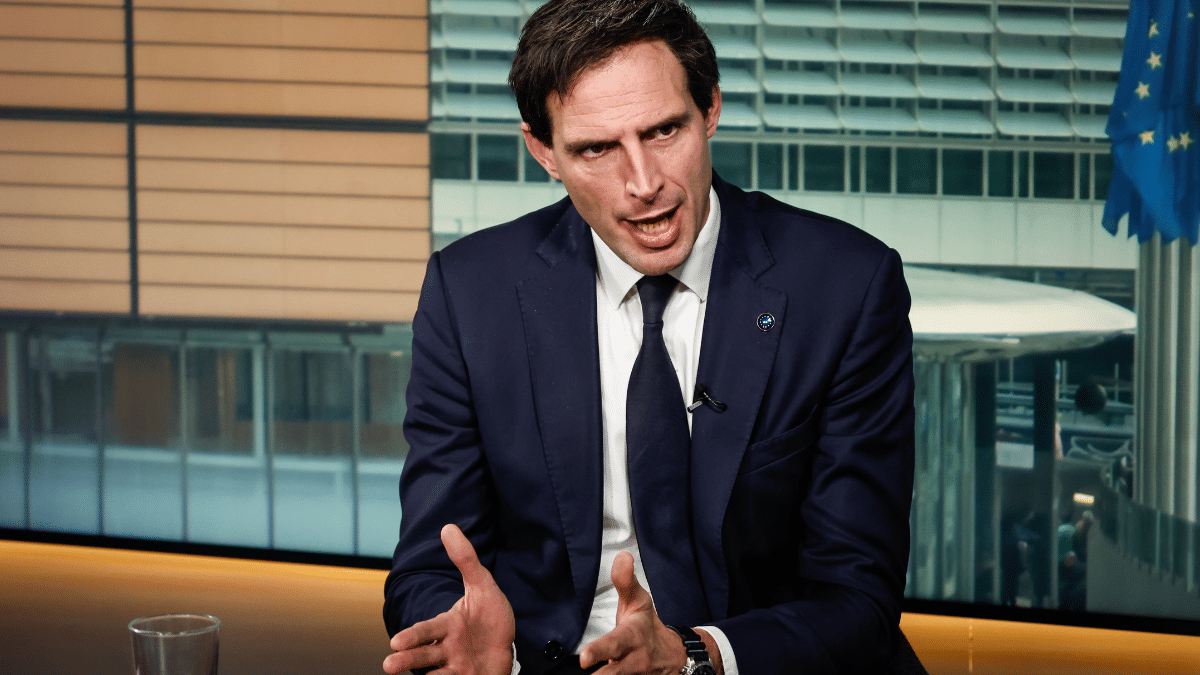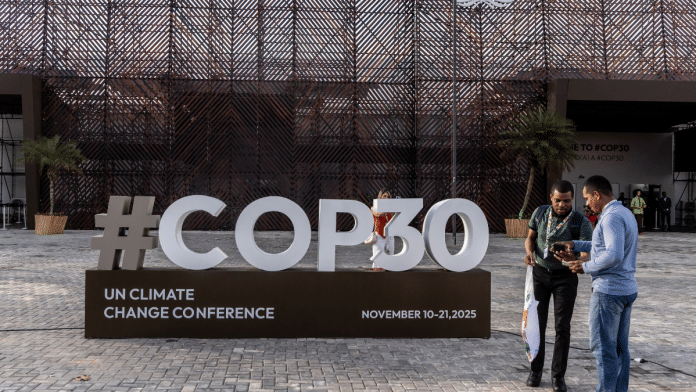Delegates from nearly 200 countries have gathered in Belém in the Brazilian Amazon for the United Nations’ COP30 climate conference, running through Nov. 21.
The COP process gives all countries, from the smallest island states to superpowers, an equal vote and lets any of them effectively veto proposals. But that doesn’t mean they all have the same influence. Seasoned climate diplomats, especially those from key countries or blocs, can drive momentum and build coalitions around favored outcomes.
Deliberations at COPs generally fall into two halves: During the first week, chief negotiators steeped in technical policy hash out prospective deals. In week two, when politics come to the fore, high-ranking government ministers assume a more prominent role.
Here are some of the likely central players. Notably missing is anyone from the US, after the Trump administration declined to send high-level officials to Brazil. The vacuum created by the absence of the world’s largest economy and second-biggest emitter could affect dynamics in unpredictable ways.
Brazil: Mauricio Lyrio, Liliam Chagas
Mauricio Lyrio serves as secretary for climate, energy and environment at Brazil’s Ministry of Foreign Affairs and leads the country’s delegation to COP30. A career diplomat and former ambassador to Australia and Mexico, he brings deep experience in trade, finance and multilateral diplomacy, including as a so-called sherpa for Brazil — the personal representative of the head of state — in the G20 and BRICS forums.
Director of the climate department at Brazil’s Ministry of Foreign Affairs, Chagas has been the country’s chief climate negotiator since COP28 in Dubai. In the runup to COP30, she has guided Brazil’s positions on mitigation, adaptation, finance, forests, equity and gender, and has emphasized that Belém should be a launchpad for the next decade of action.
China: Li Gao
Born in 1969, Li Gao has two decades of experience in global climate change talks. Although long regarded as the backbone of China’s team, the fluent English–speaking graduate of Tsinghua and Yale universities will be the public face of the country’s delegation for the first time at COP30.
Li, a key architect of China’s carbon credit program, was promoted earlier this year to vice minister at the Ministry of Ecology and Environment. He led the Chinese delegation at the pre-COP meeting in Brazil last month, where China — both the world’s biggest emitter and the biggest manufacturer of green technologies and equipment — called on the international community to resist rising unilateralism and protectionism, factors that threaten to drive up the cost of the clean energy transition.
For years, China’s climate efforts were defined by Xie Zhenhua. Widely respected for his relentless work ethic and dedication, Xie retired in early 2024.
EU: Wopke Hoekstra
This will be Hoekstra’s third COP as the EU’s climate chief, and he’ll go into COP30 relieved that the 27-member bloc submitted its updated emissions-cutting pledge with just days to spare.

The former Dutch finance minister — and partner at consulting firm McKinsey & Co. — has a keen eye for detail and is a China hawk. He has heavily criticized Beijing’s climate pledge for not being ambitious enough, while pointing out that the EU is now only responsible for around 5% of global emissions. A tall man who wears US size 16 shoes, Hoekstra can often be sighted striding through the summit venue in the early hours.
India: Bhupender Yadav, Amandeep Garg
As the world’s most populous country and the third-largest emitter, India pulls its weight in COP negotiations almost every time. At the last minute at COP26 in Glasgow, for instance, it forced a change in language on “phasing down” instead of “phasing out” coal. Then at COP29, after negotiators sealed a hard-fought deal on climate finance to secure $300 billion by 2035, India’s lead negotiator Chandni Raina dismissed it as an “optical illusion,” and the country decided later to not boost its own climate goals as a result.
Yadav has been environment minister since 2021, though he won’t be in Belém until the second week of COP30 negotiations. Till then, lead negotiator Amandeep Garg will take charge. He was also head of delegation when environment ministers met in Brazil at the BRICS summit in April. India is yet to submit its climate plan for 2035.
Saudi Arabia: Mohammad Ayoub
India and Saudi Arabia have previously partnered to block countries calling for more action to cut emissions in the global economy, and they may feel emboldened by Trump’s attacks on green policy. Saudi Arabia has frequently rejected any deal targeting specific sectors, including fossil fuels. Keep an eye out for Mohammad Ayoub, a delegate who, on Sunday night, protested the inclusion of an agenda item on responding to the projected overshoot of 1.5C of warming.
Kenya: Ali Mohamed
Amid uncertainty over whether the US will try to strong-arm countries to block any COP30 deal, resistance may come from last year’s chair of the African Group of Negotiators: Ali Mohamed. Kenya has emerged as a progressive force in international climate negotiations, hosting the African Climate Summit as well as global talks on plastics and raising the issue of new levies on financial transactions and airline ticket prices to help provide funds for developing nations.
Alongside this year’s chair, Richard Muyungi of Tanzania, Mohamed will be key in forging an alliance among least-developed nations to resist potential bullying tactics by the US.
Marshall Islands: Tina Stege
Stege has been climate envoy for the Marshall Islands since 2018 and, though soft spoken, is one of the most powerful voices for those on the frontlines in the fight against climate change. Her country is the driving force behind the so-called High Ambition Coalition, a group of climate-leading countries that set the stage for the Paris Agreement.
Unlike at many international meetings, at COPs, small island states are key players. This year, they are expected to bang the drum for a robust response to the UN’s analysis of climate pledges that shows the world is still well off track from the Paris goal of limiting warming to 1.5C.
(Reporting by John Ainger, Daniel Carvalho, Alfred Cang and Akshat Rathi)
Disclaimer: This report is auto generated from the Bloomberg news service. ThePrint holds no responsibility for its content.
Also Read: Who will fill the US gap at COP30? It could be China’s moment to shine






